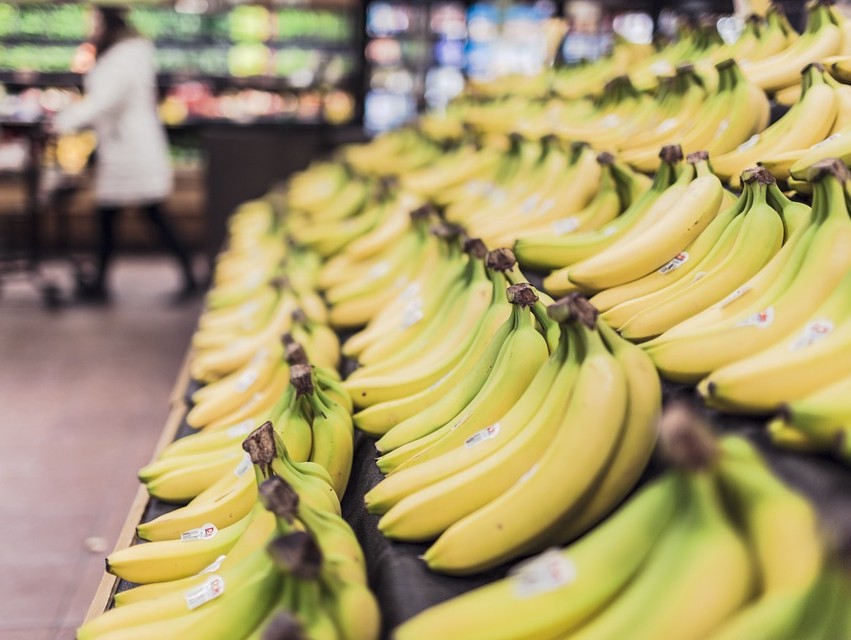
The continued growth of more sustainable, labelled products in supermarkets has led to a doubling of sales in four years' time. In 2014, just under 1.9 billion euros was spent on more sustainable, labelled food; in 2018, this is already over 4.1 billion euros. This is shown by the latest figures from the Retail Quality Mark Monitor of research agency IRI.
In 2018, sales in supermarkets of food with an independently verified quality mark for sustainability will once again increase sharply. With a growth of 16%, or almost 600 million euros, the quality marks are growing much faster than the total market, which grew by 3.5% in 2018. The share has now risen to 17%. Dutch consumers are increasingly buying food with a recognisable quality mark and thus a guaranteed performance in the field of sustainability.
The largest quality mark, with a turnover of more than 1.8 billion euros, is the Beter Leven quality mark of the Dutch Society for the Prevention of Cruelty to Animals. This hallmark achieved the largest growth (+25% and +364 million euro) in 2018, especially in eggs. Meanwhile, 2 out of 3 free-range eggs with a Beter Leven quality mark are being sold and the regular free-range eggs are disappearing from the shelves.
Within all categories, more food is offered and sold from chains with a guaranteed more sustainable performance, visible to the consumer through independent quality marks. The shares of products with a hallmark are highest within fish, eggs and meat products in which 70%, 67% and 41% respectively are sold to products with one of the measured hallmarks. In the case of fish it concerns the MSC and ASC quality marks, in the case of eggs, meat and meat products it concerns organic and the Beter Leven quality mark. In these categories, sustainability has become the standard and no longer a segment for conscious buyers. Within the meat group, too, the share is now 30% and the demand from both the market and society for sustainability is being met. Within the meat group, pork is in the lead with a share of 93%. Chicken and beef have a share of 22% and 11% respectively.
It is expected that consumer spending on products with a more sustainable label will continue in the supermarket. In an increasing number of product groups, quality marks are becoming the standard and 'labelless' is becoming the exception. New quality marks are being introduced in AGF and dairy products. Examples are the introduction of the On the way to PlanetProof quality mark (AGF and dairy) and the introduction of the Beter Leven quality mark (dairy). In addition, the ASC quality mark will also be introduced for the cultivation of sea bass and dorado and the first algae and seaweed products with the ASC and MSC quality marks are expected.
Click here for the Retail 2018 Quality Mark Monitor (Dutch only)
Source: © IRI